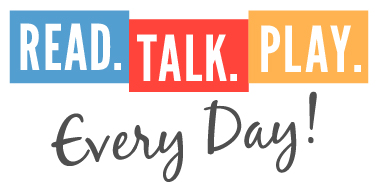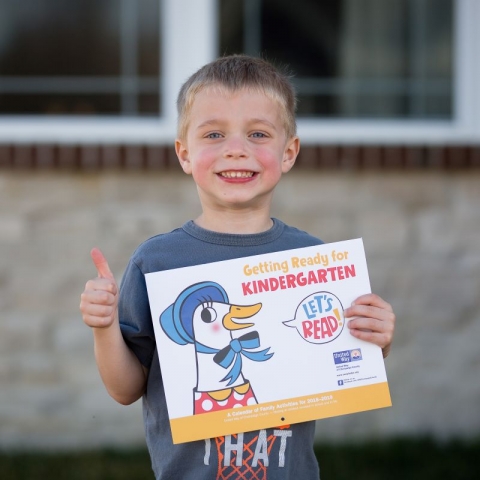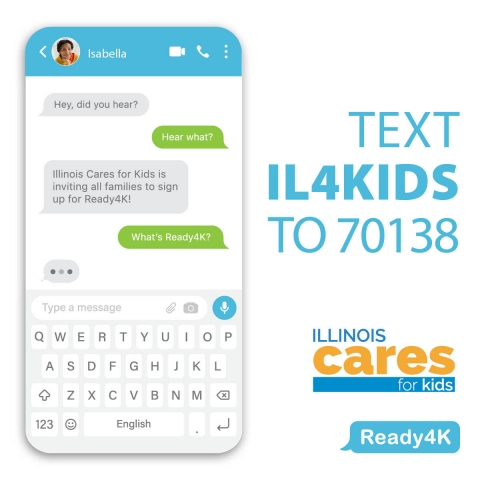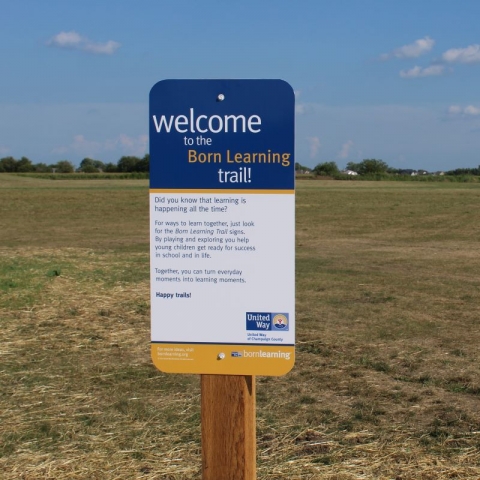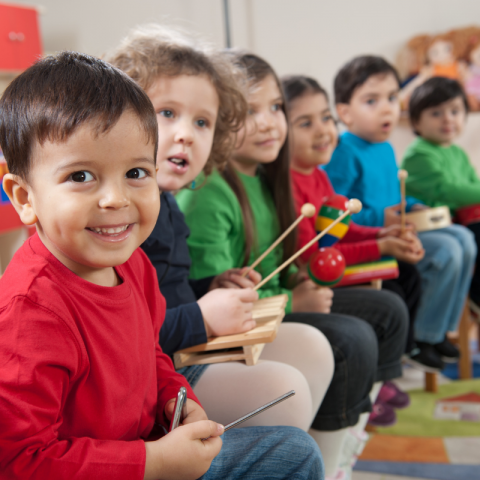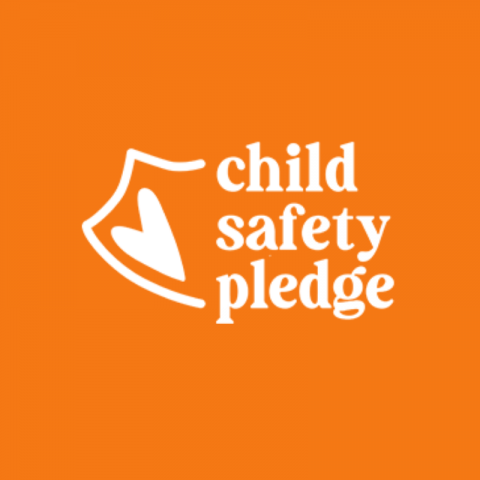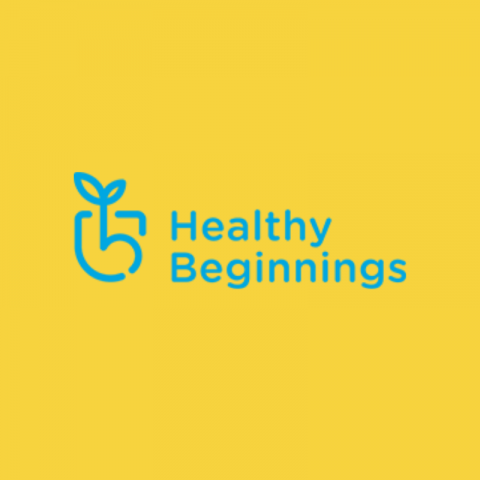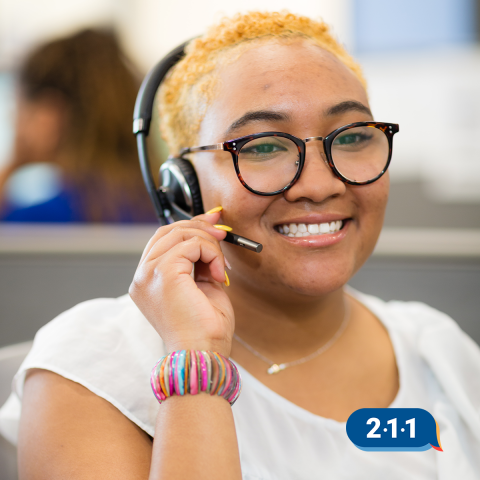READ
From ages 9 to 12 months, babies love looking at other babies, especially in books! Share picture books with your baby that have photos of other babies and children! Photo albums with family and friends also catch their interest, and you can talk with them about each photo, ask questions, and have them point to photos. Consider attending an event just for babies and their parents - we love checking this local event calendar.
TALK
By twelve months, your baby is continuing to develop social skills and cognitive thinking! They may be scared of strangers, sad when parents have to go, enjoy playing with people, see adult response, enjoy certain toys more than others, eat with their fingers, notice a picture when the object is named, and use objects in the right way. Find out more about baby's babbling here.
PLAY
Each month your baby develops new skills. By twelve months, they should be able to sit on their own, transition from sitting to crawling positions, pull themselves up to stand, and walk while holding your hand or along a couch. Every baby develops at their own pace, but don't hesitate to talk with your pediatrician if you have any concerns about your baby's development.


1024_1.png)
1024_1.png)
